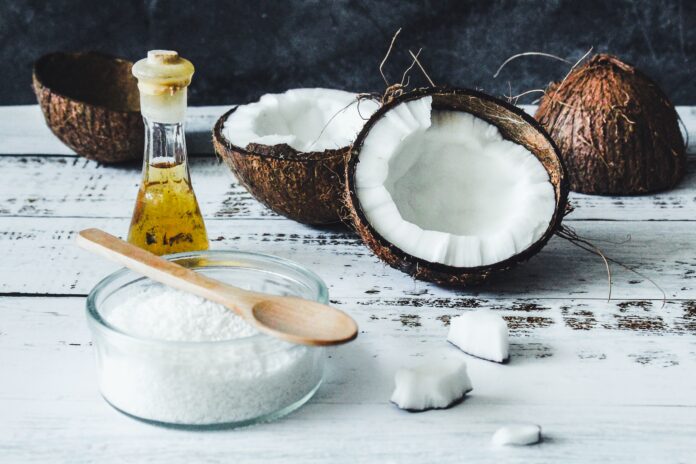Coconut oil has been used as a staple ingredient in Southeast Asian cuisine for centuries, adding richness and flavor to a wide variety of dishes. In recent years, however, it’s also taken off as a popular choice among home cooks in the west looking for a healthier alternative to vegetable oils. While most of us know what coconut oil is and may even use it ourselves, we may not be so familiar with coconut butter. Although they’re both made from coconut, they’re actually distinct ingredients that serve unique purposes in cooking. Read on to learn more about the key differences between coconut oil and coconut butter.
How They’re Made
Coconut oil is obtained through an extraction process that involves pressing the white fleshy part of the coconut, also called the copra, until the oil is excreted. This oil in its raw form has a relatively thick consistency, especially at cooler temperatures, as well as a distinctive coconut aroma. Then, it’s either packaged as is or put through a process of refining and deodorizing to create clear, liquid oil with a milder aroma. Coconut butter, on the other hand, is similar to products like peanut butter in that it’s made by pureeing whole coconut meat, including the oil, into a creamy paste.
Taste and Texture
Unrefined coconut oil has a thick texture that becomes solid at cool temperatures and imparts a strong coconut flavor when used in both savory dishes and baked goods. Refined coconut oil has a subtler flavor that can enhance dishes without dominating them. Because it contains all parts of the meat, coconut butter offers the most intense coconut flavor of the three and has a velvety texture similar to nut butter.
How to Use Them
Coconut oil has a higher smoke point than many other common cooking oils, which makes it ideal for sautéing, frying, and roasting. It does also work well for baking, but because unrefined coconut oil will congeal into solid pieces when exposed to the cold, should only be used alongside room temperature ingredients. Coconut butter makes a great replacement for traditional nut and seed butter as an addition to sauces and smoothies. We also love it spread on toast.






